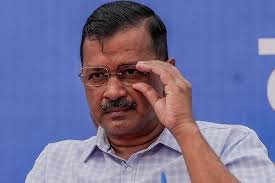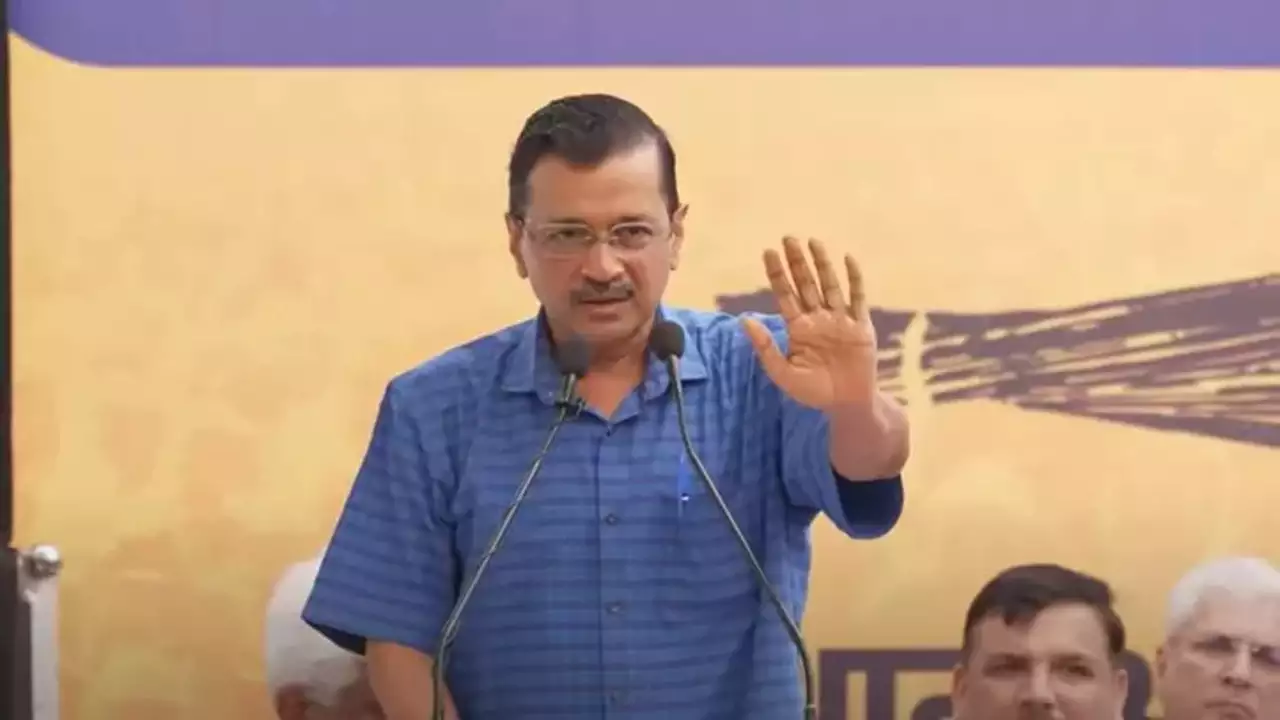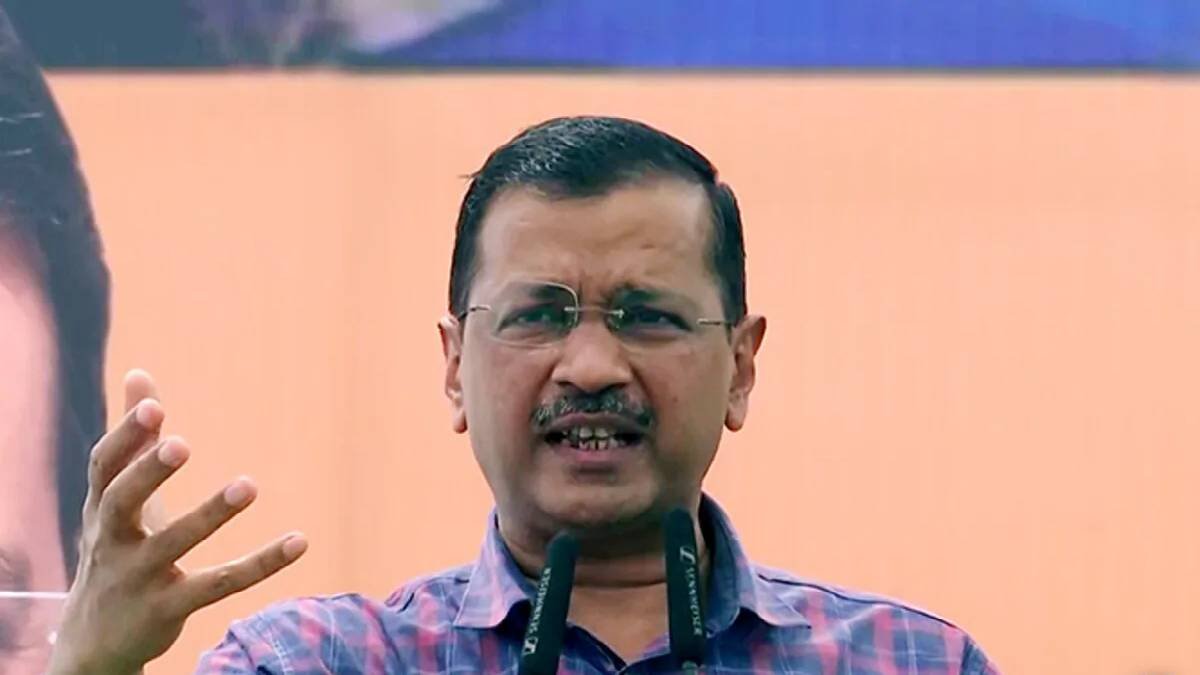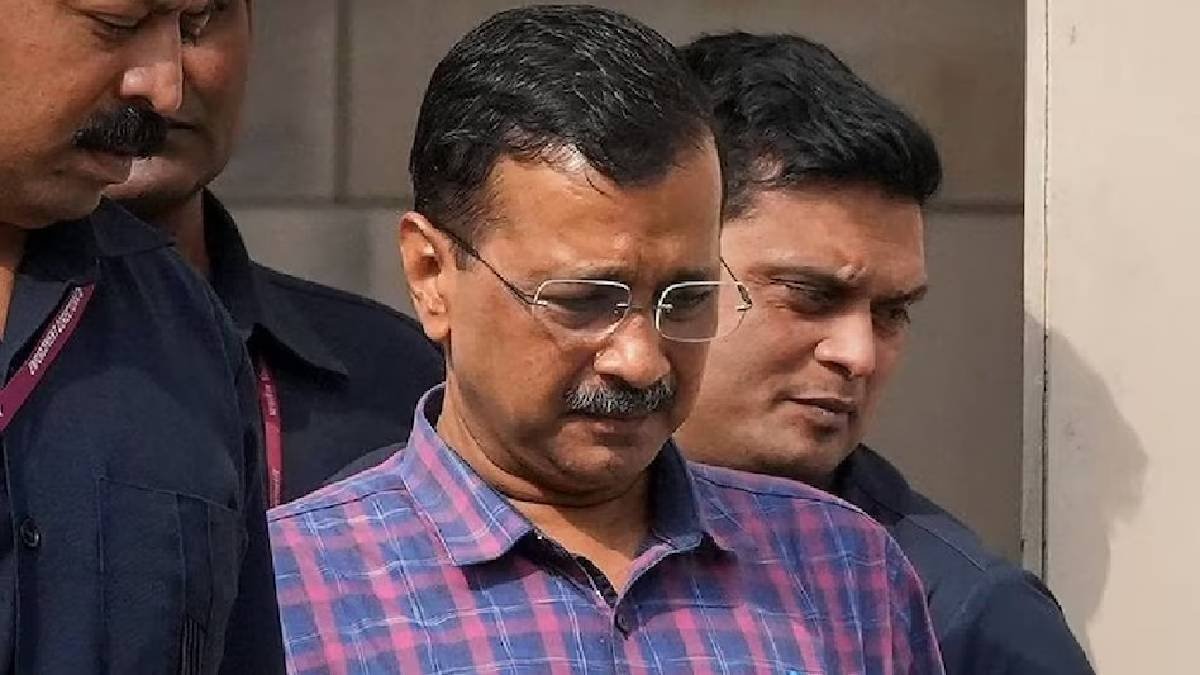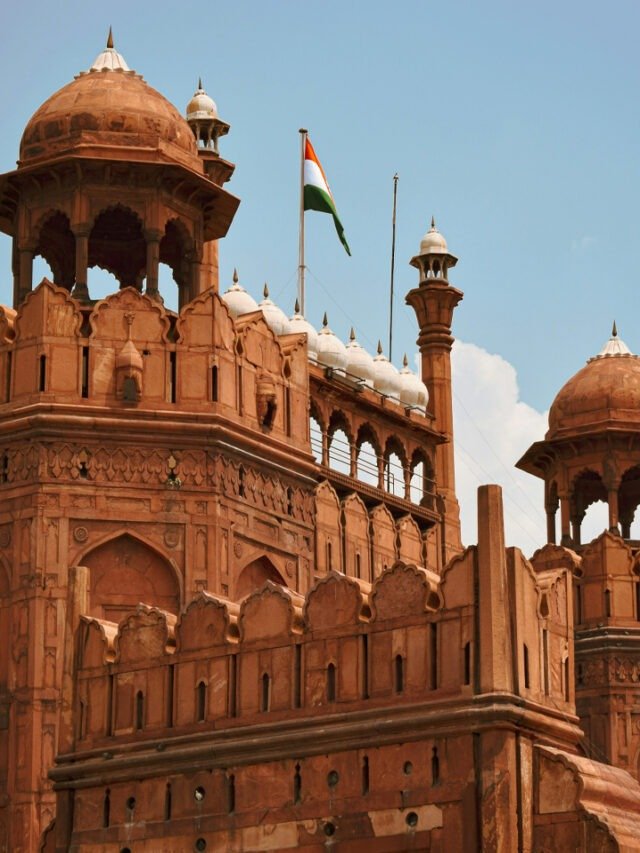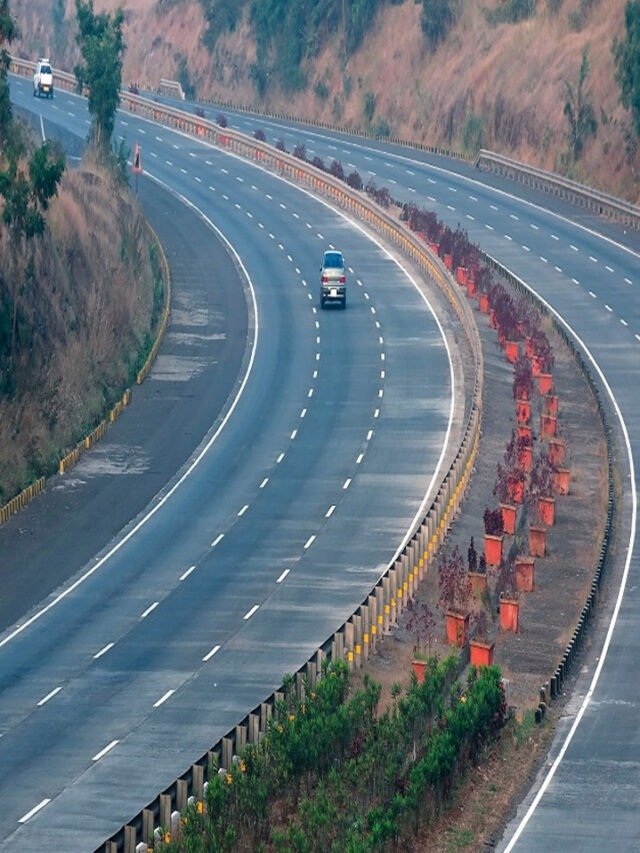NEW DELHI, June 15: The Delhi High Court on Saturday ordered removal of a video recording of court proceedings related to Chief Minister Arvind Kejriwal in the excise policy case from social media platforms.
In the video, Arvind Kejriwal, the Aam Aadmi Party (AAP) national convenor, is seen addressing a trial court.
A bench of justices Neena Bansal Krishna and Amit Sharma issued notices to six people, including Sunita Kejriwal, and social media intermediaries X (formerly known as Twitter), Meta and YouTube on a petition alleging violation of the video conferencing (VC) rules of the Delhi High Court.
“Prima facie it is observed that the court proceeding recording is violative of Rule 3(vi) of Delhi High Court Video Conferencing Rules, 2021 and cannot be permitted to remain in public domain,” the bench said in its 6-page order.
The high court directed the social media intermediaries to forthwith take down the audio or video recording from their respective platforms.
During the hearing, the bench asked the respondents, including the six individuals, to take down the content from social media platforms.
However, the order uploaded on the court website said, “The social media platforms namely X (formerly ‘Twitter’), Meta (formerly ‘Facebook’), Instagram and YouTube are hereby directed to remove forthwith the audio/ video recording from their respective platforms”.
The court also mentioned the list of URLs to be removed and said it should be ensured that the audio/ video is not re-uploaded on their platforms till further orders.
The court passed an ex-parte ad-interim order and listed the matter for further hearing on July 9.
“Notice of the petition be issued to other respondent no.1 to 7, to be served through ordinary post and electronic mode, returnable for the next date of hearing. The order be communicated within 48 hours to the respondent (s),” the bench said.
The high court was hearing the petition filed by lawyer Vaibhav Singh.
In his petition, Singh claimed that when Arvind Kejriwal was produced before a trial court on March 28 after his arrest in the Delhi excise policy case, he chose to address the court in-person, and the video recording of the proceedings was posted on social media platforms which is prohibited under the High Court of Delhi Rules for Video Conferencing for Courts, 2021.
According to the Rules, there shall be no unauthorised recording of the proceedings by any person or entity.
The video was allegedly re-posted by Sunita Kejriwal and the others.
The petitioner told the court that YouTube had sent an e-mail saying that it had deleted the content on its platform.
In the public interest litigation (PIL), the petitioner sought the formation of an SIT to investigate and register an FIR against the alleged conspiracy of recording and sharing the audio and video of the court proceedings and putting the life of the trial court judge at high risk.
“Several members of the Aam Aadmi Party, including members of various other opposition parties, have intentionally and deliberately and with wilful intention to malign and manipulate the court proceedings done the audio and video recording of the court proceedings and circulated on social media platforms,” the plea said.
It also sought a direction to conduct a thorough investigation to identify the individuals responsible for recording and sharing audio and video recordings of the court proceedings.
The plea sought to “punish the alleged contemnor as per the provisions of the Contempt of Courts Act, 1971, and impose strict penalties on the individuals found guilty of violation of VC Rules 2021 of this Hon’ble court, as per the provisions specified in law”.
The petition urged the court to issue appropriate directives to social media platforms to prevent the recurrence of such unauthorised recordings and their subsequent dissemination and impose penalties for non-compliance of directions on any individual or entity.
Arvind Kejriwal was arrested in the money laundering case stemming from the Delhi excise policy ‘scam’ on March 21 and has been lodged in Tihar jail under judicial custody. (PTI)



